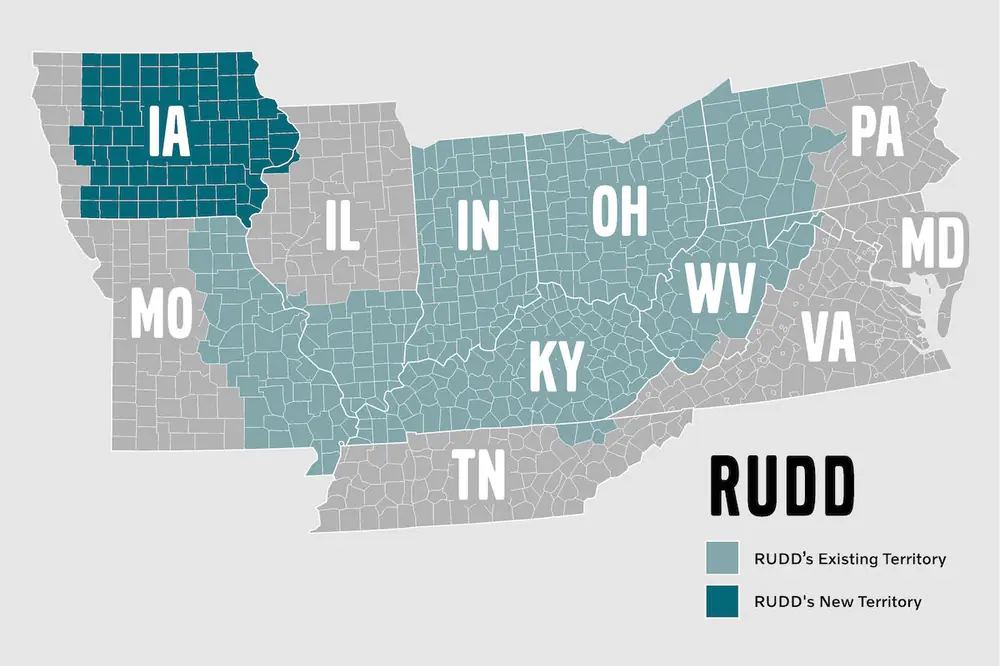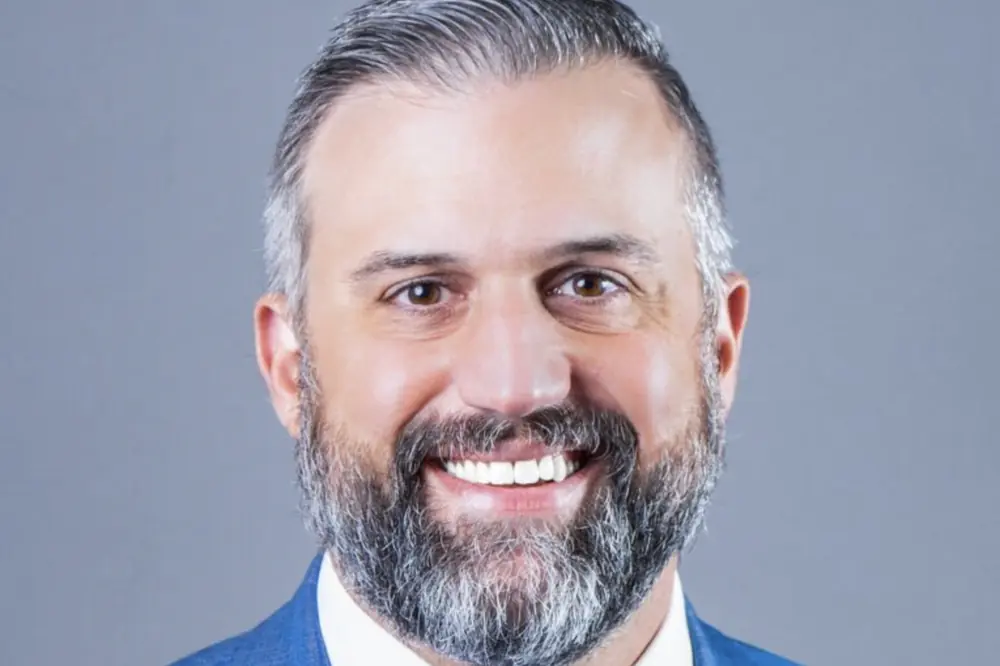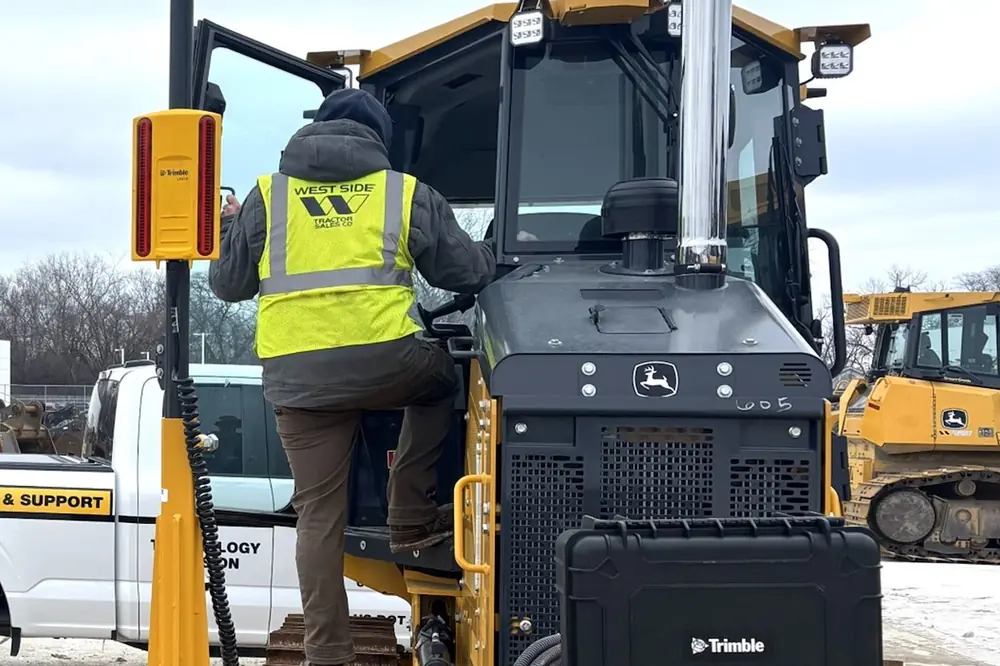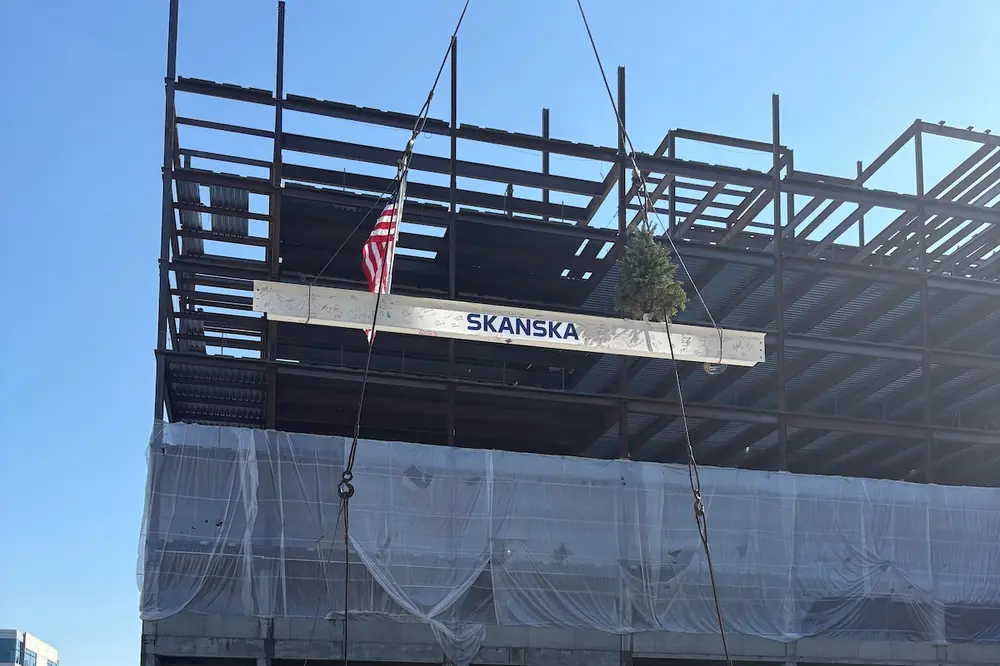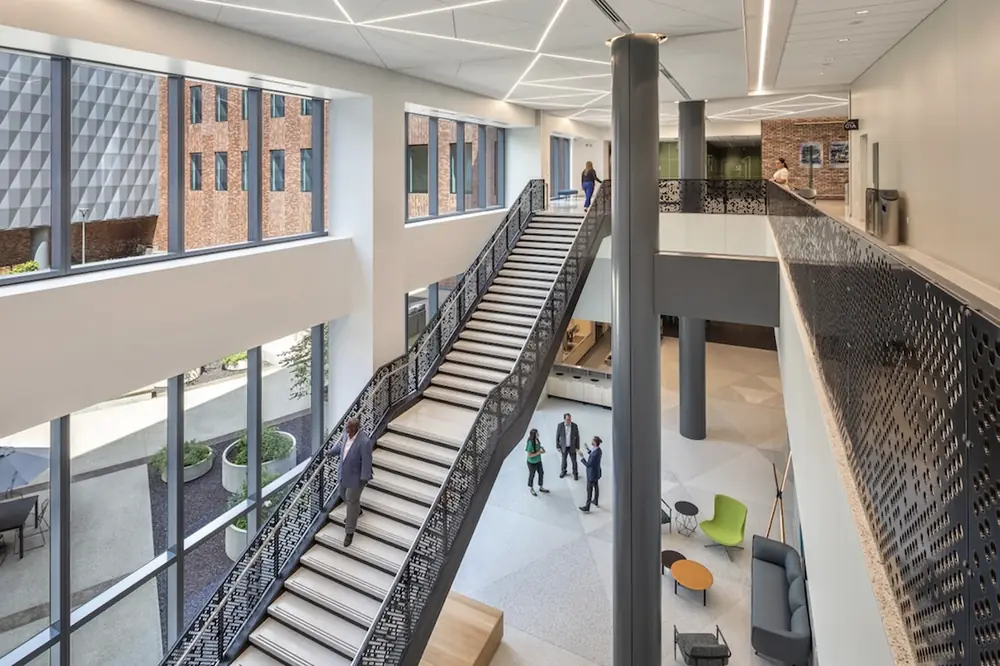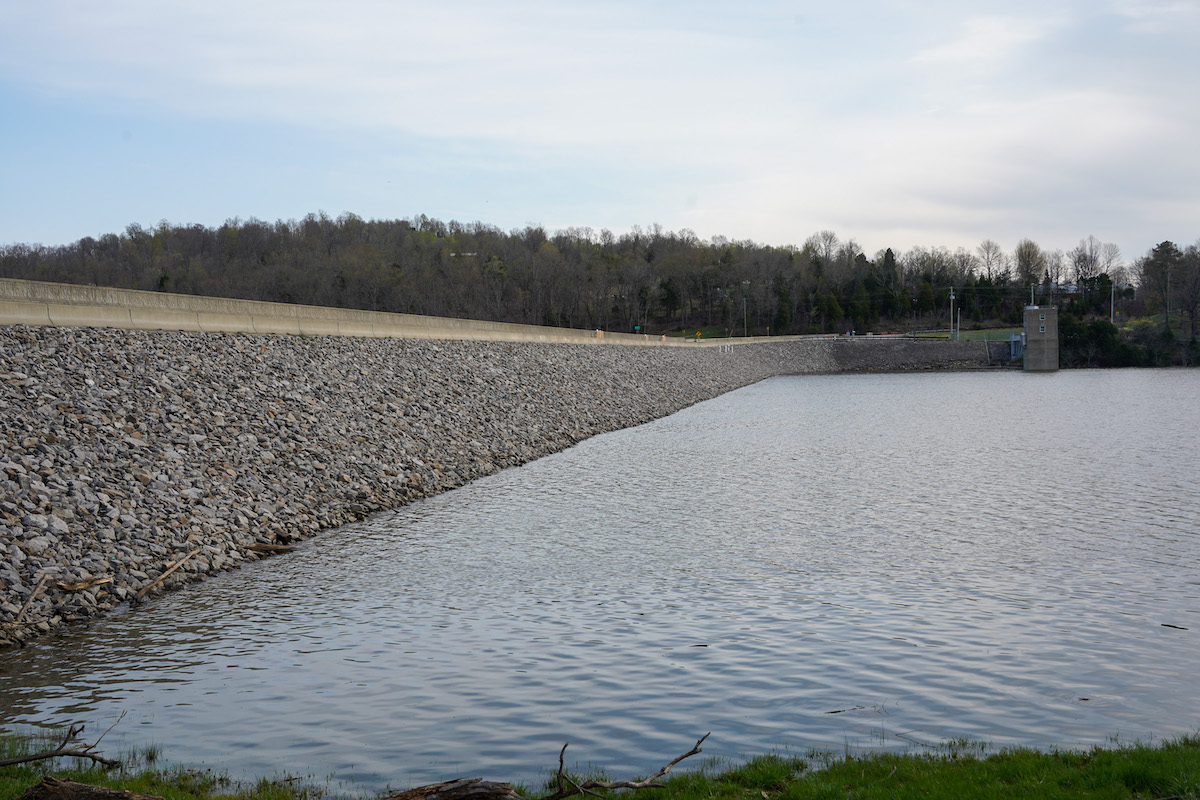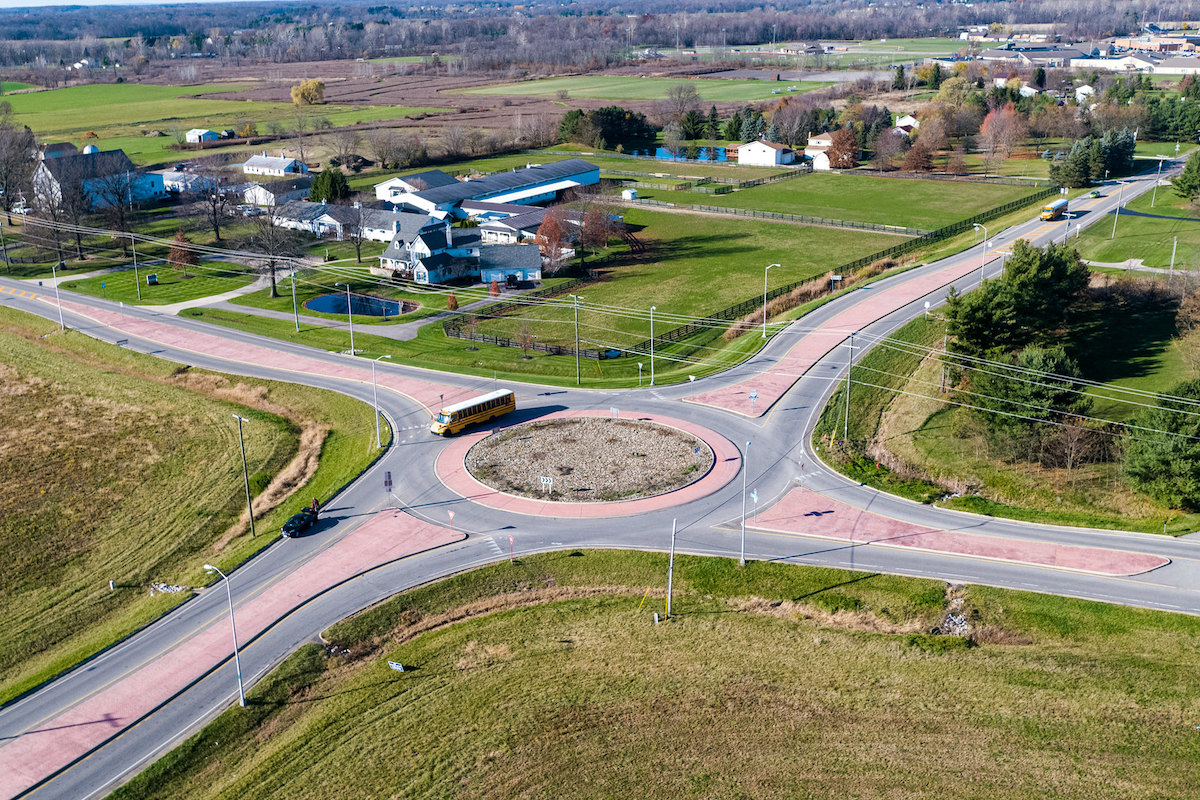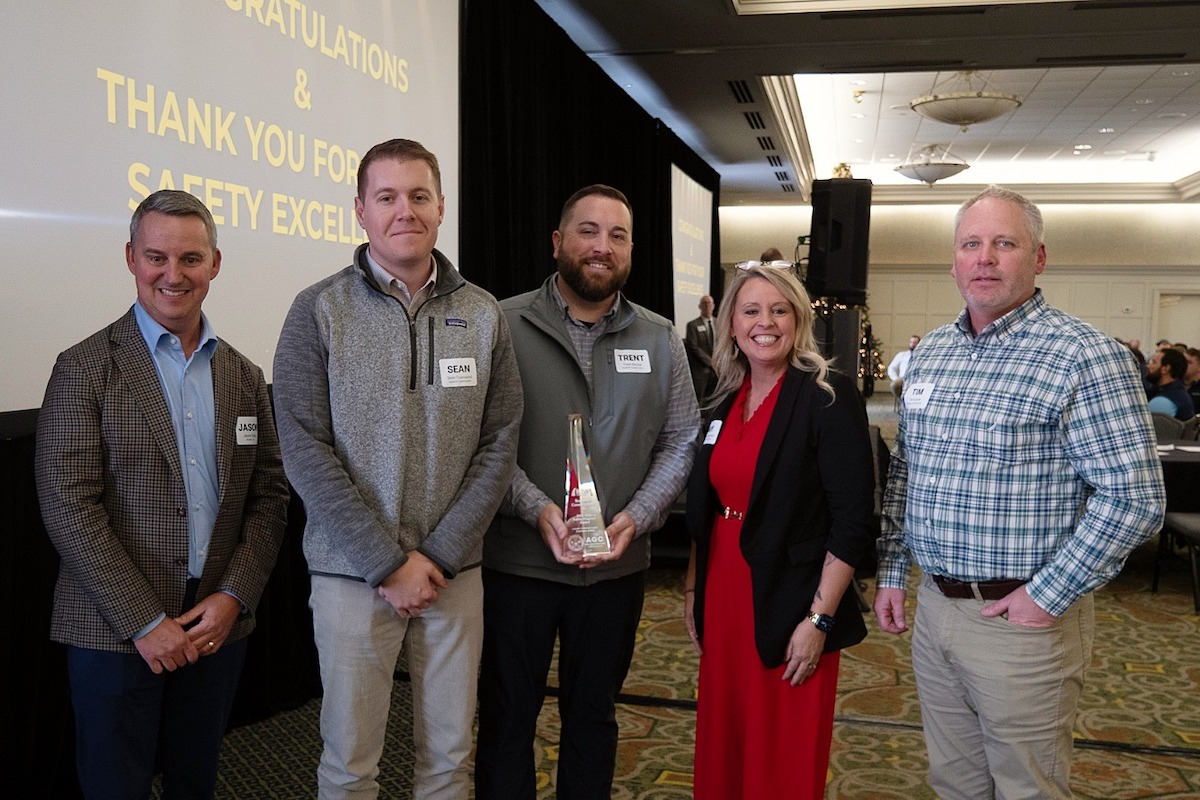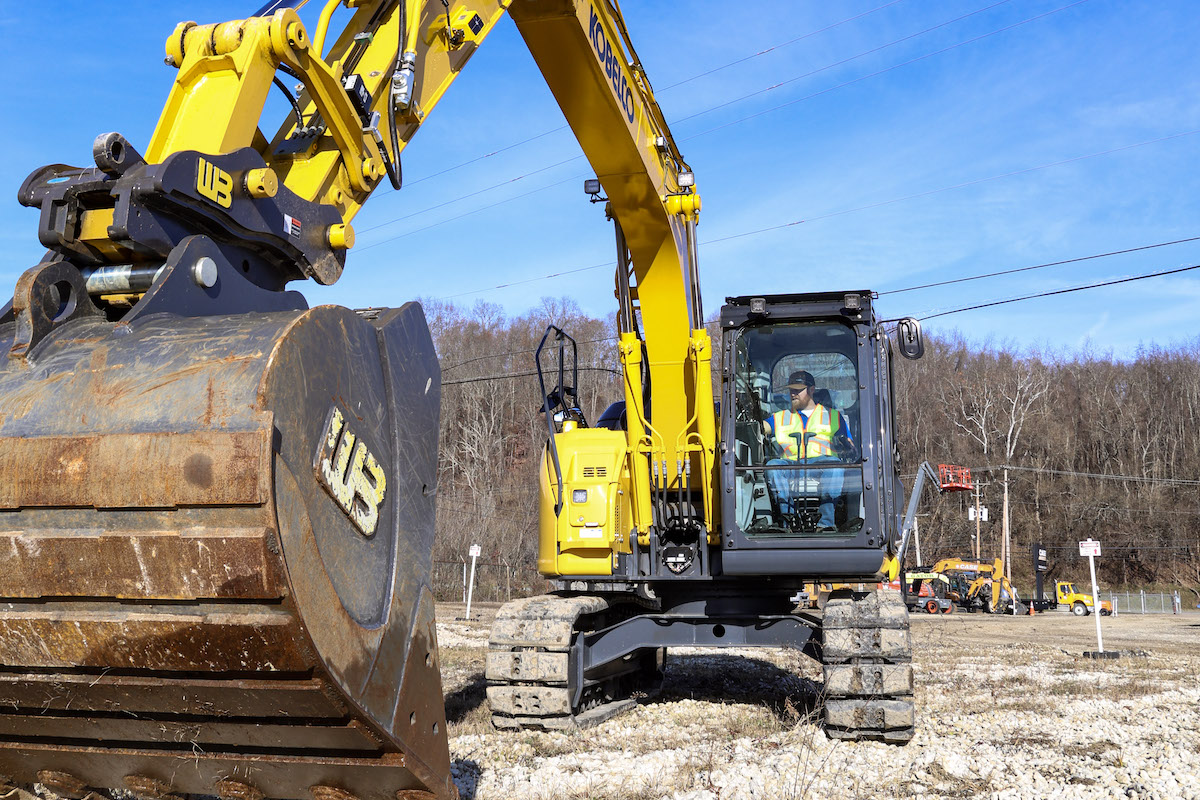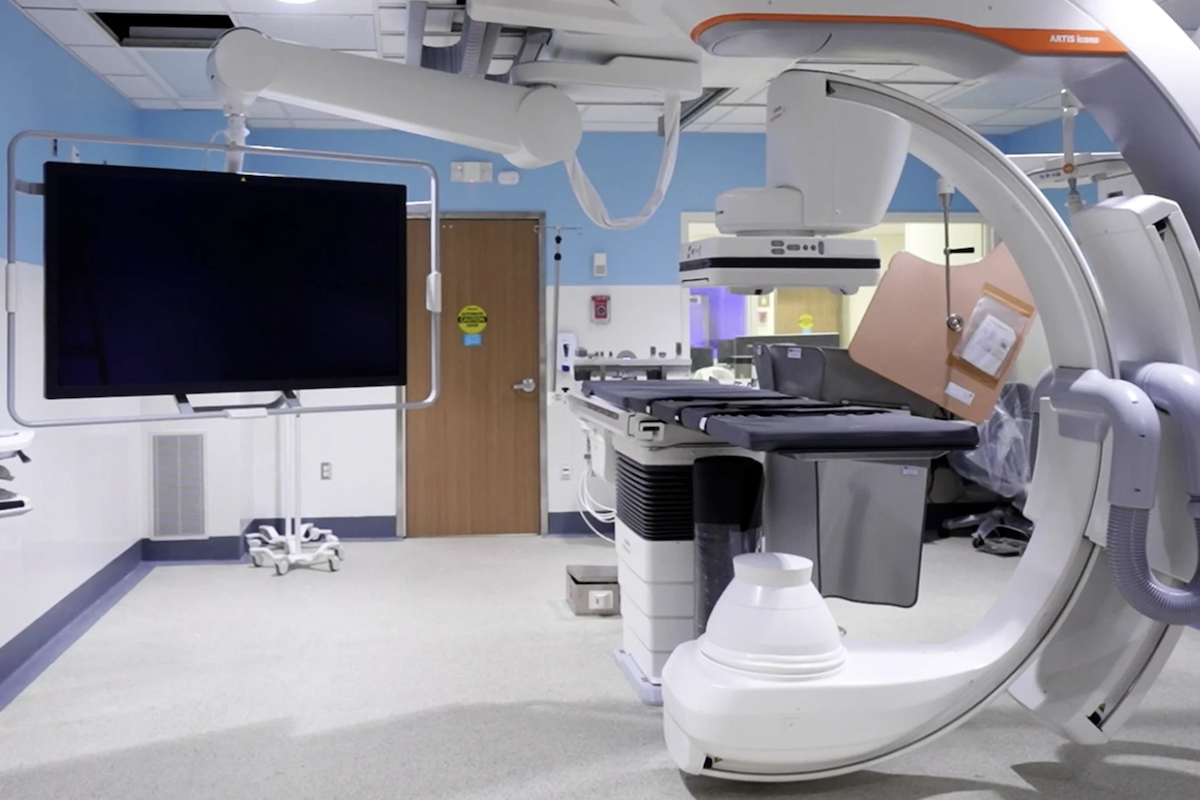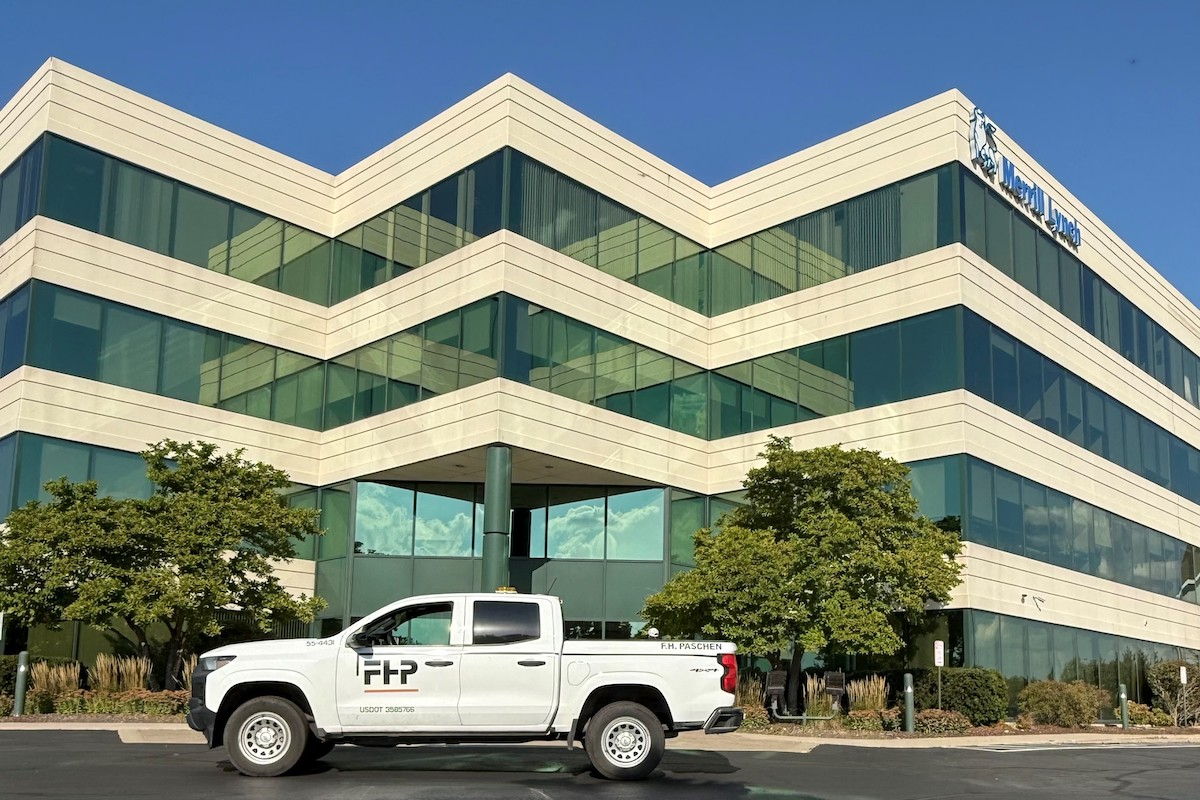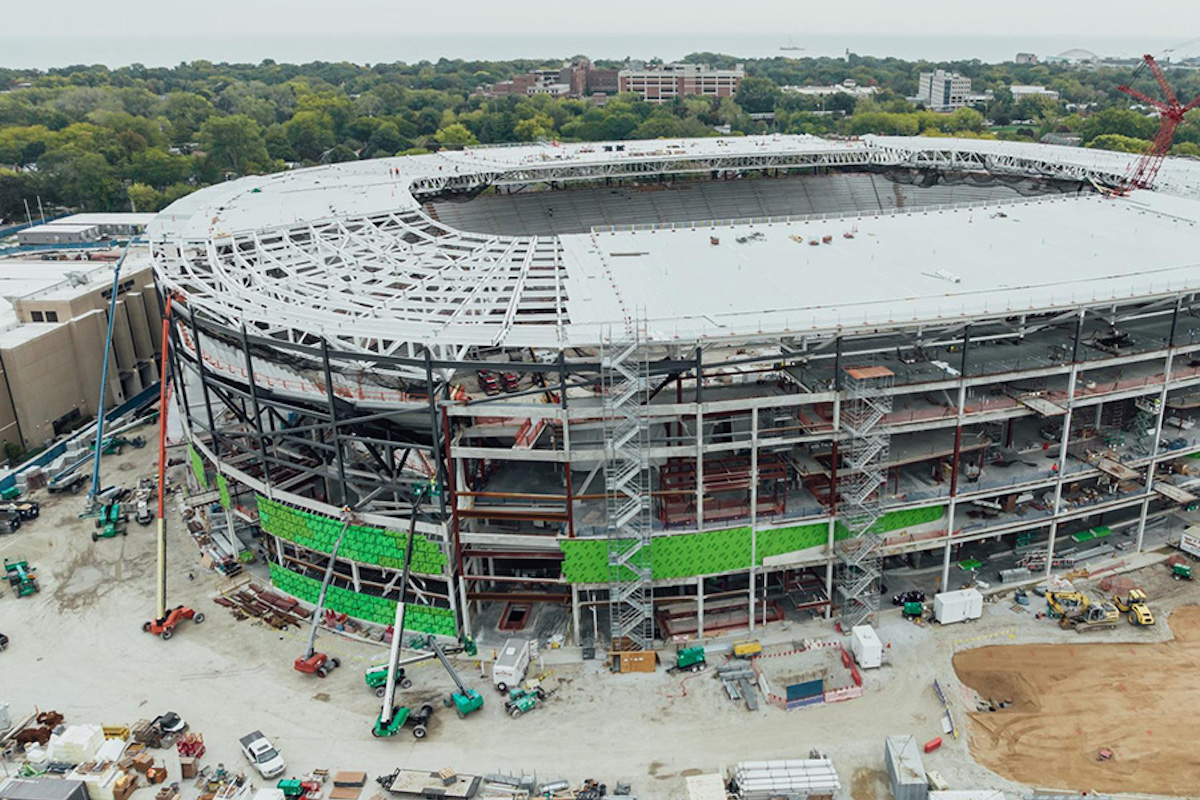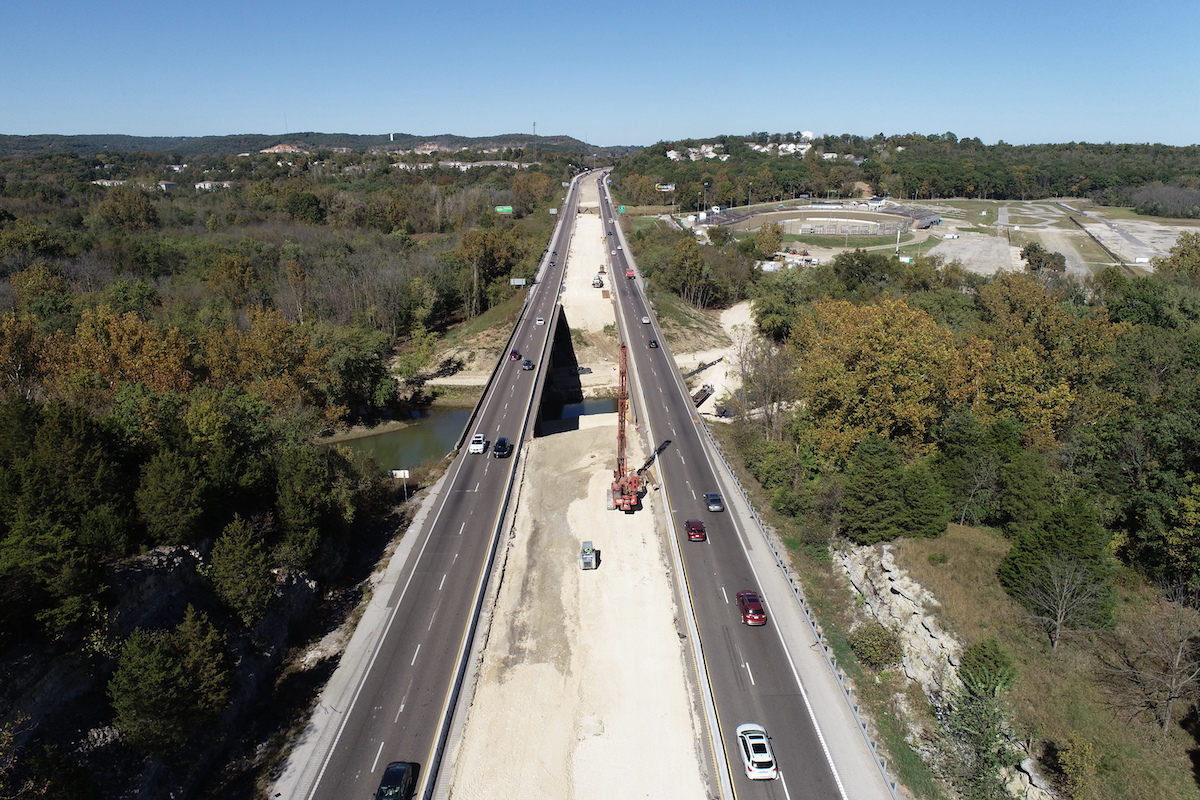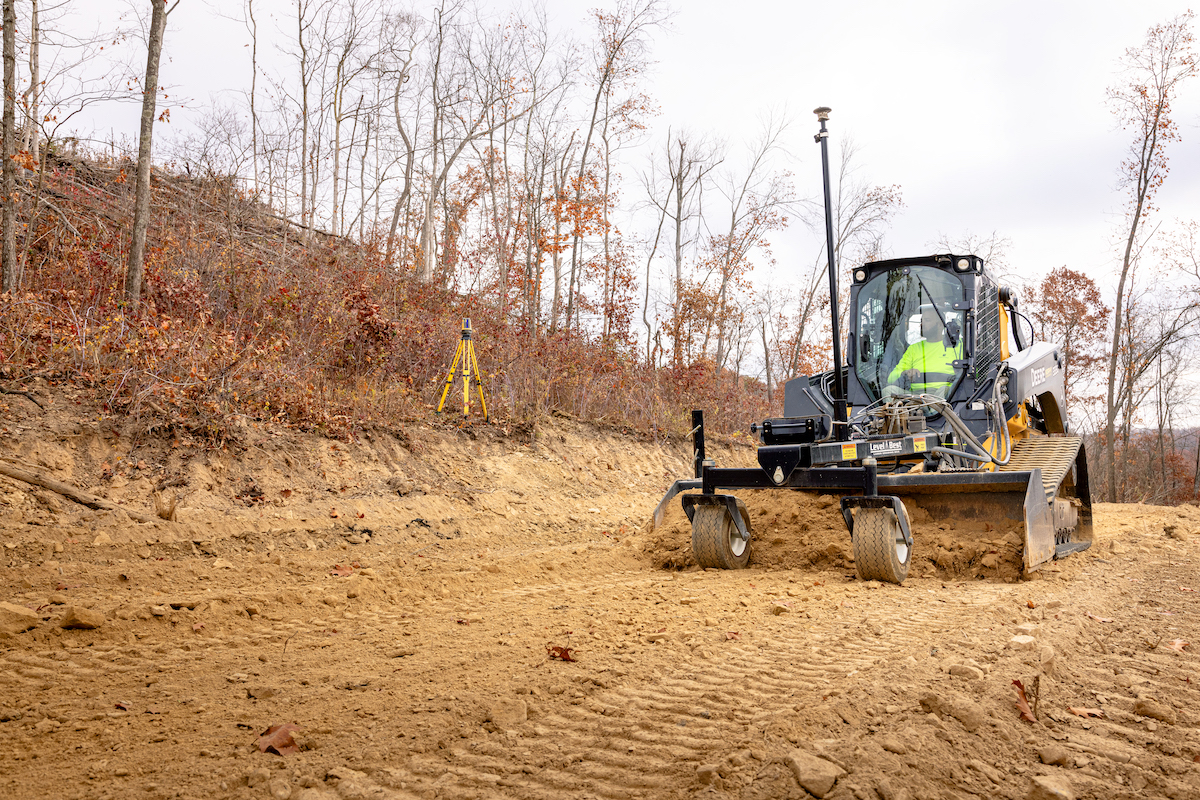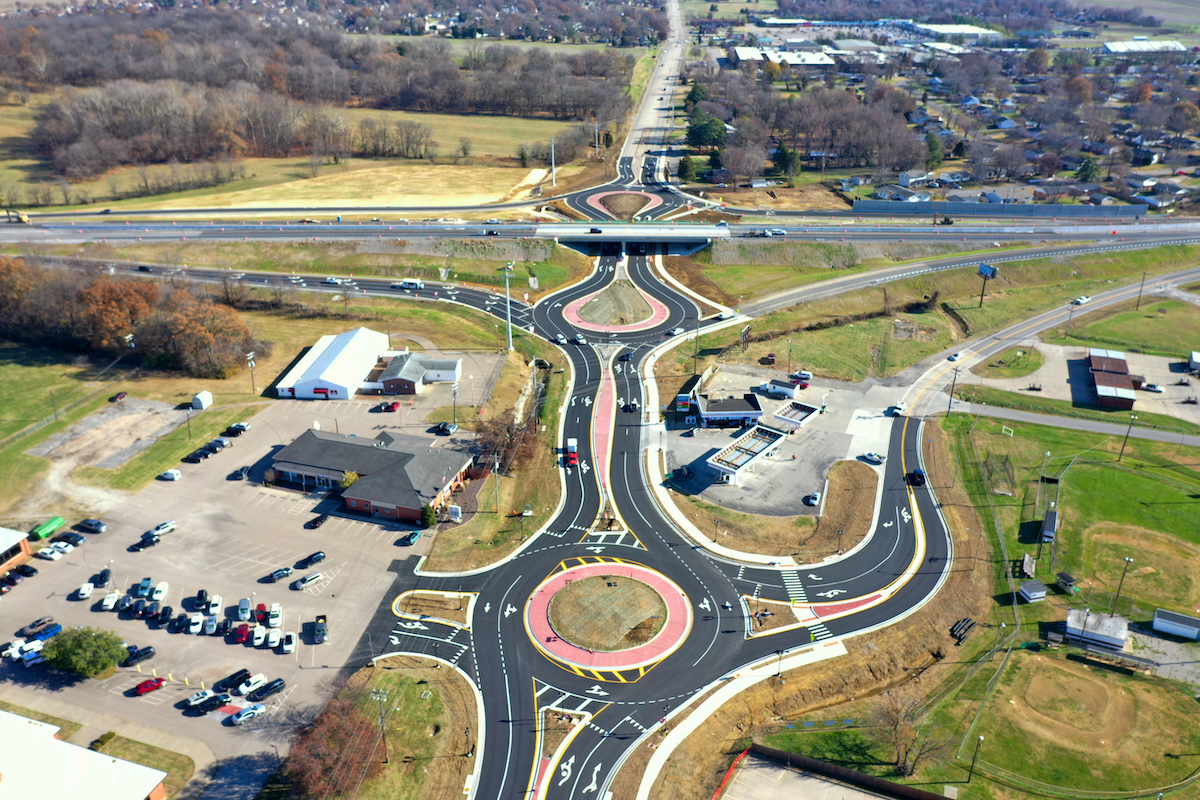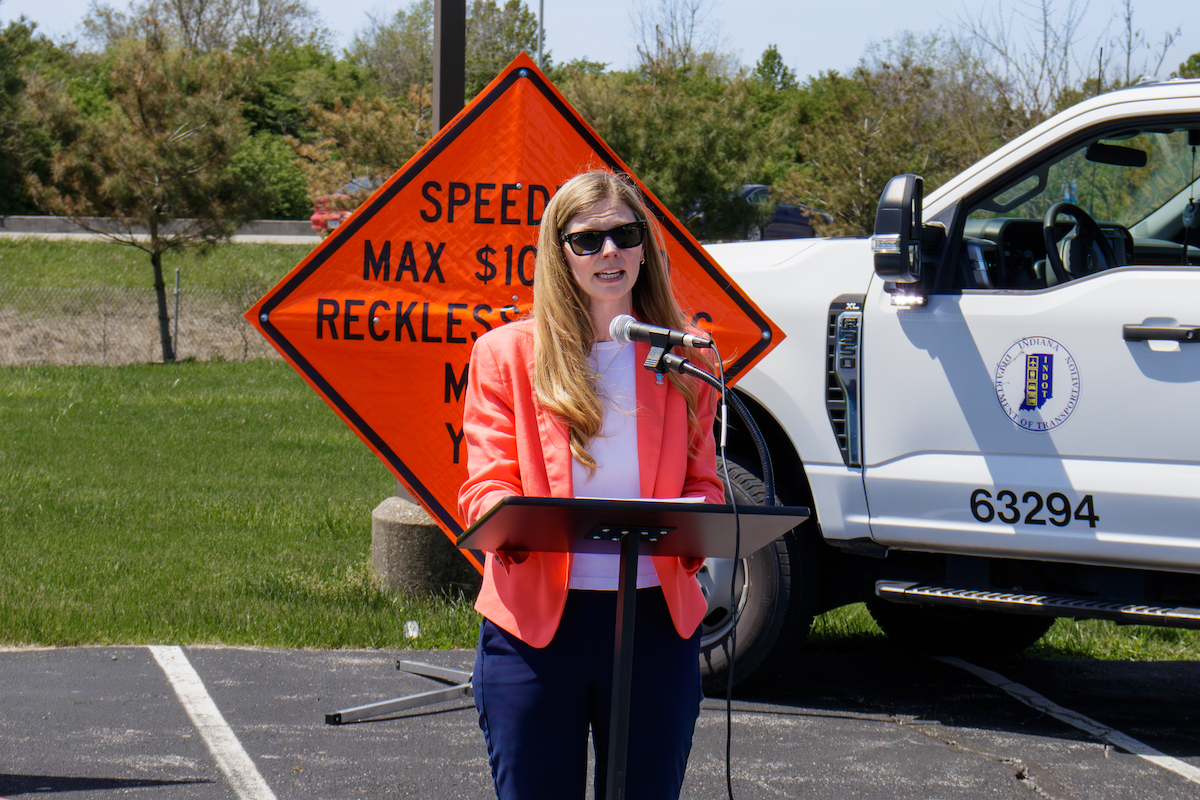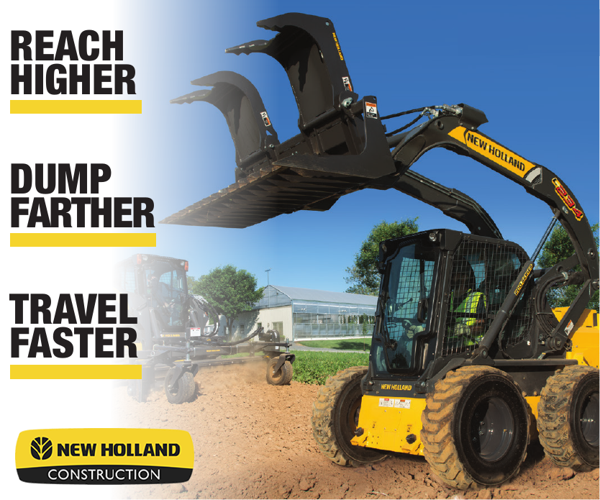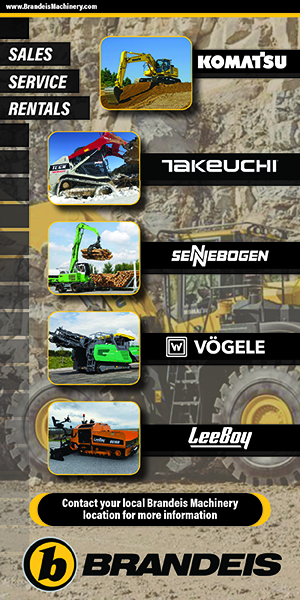Steel fiber was specified by the engineer over wire mesh for its ability to better control cracking and therefore improve performance and finish. Unlike welded wire mesh or rebar, which are located in a single plane and therefore allow cracks to grow until they meet this plane, steel fibers are distributed uniformly throughout the concrete matrix to meet micro cracks where they originate. The use of CFS steel fibers at 110 N. Wacker was made possible by International Building Code 2015, adopting SDIC-2011, allowing for the use of steel fibers in place of welded wire fabric to control temperature and shrinkage cracking in composite metal deck applications.
Wire mesh is not only a job site tripping hazard, but also can be difficult to install and keep in place in a way that effectively reinforces the concrete. Using fibers saved time and money on the project by eliminating the labor and crane costs associated with welded mesh.
“Fiber-reinforced concrete can be poured and finished in the time it takes to set wire mesh on deck,” said Matthew Norman, Midwest Sales Manager, Concrete Fiber Solutions. “We’re proud to have helped supply Prairie Material and Goebel Forming with a concrete flooring solution that offered a more efficient installation and superior performance long-term.”
Norman has 15 years of experience in the concrete industry. He obtained a civil engineering degree from Purdue University where his major field of study was reinforced concrete design.

| Your local Wirtgen America dealer |
|---|
| Brandeis Machinery |
| Brandeis Machinery |
The 110 N. Wacker job reflects a trend in the use of steel fibers over reinforcement methods. In 2019, CFS fibers were used in more than five million square feet of flooring across 11 states and as far away as Ciudad Juarez, Mexico. While engineers and flooring contractors across all industries are embracing steel fiber reinforcement, particular growth is happening in commercial warehouses, distribution centers, cold storage and food processing facilities — facilities where heavy equipment and foot traffic benefit from the crack control and increased joint spacing afforded by fibers.
Manufactured in Chicago, Illinois, CFS Fibers are clean, free from rust, oil and other contaminants and designed to meet or exceed the requirements of ASTM A820. CFS 150-5 fibers are 1.5 inches long with an aspect ratio of 38 and are deformed per the ASTM A820 specification. These fibers are ideal for composite steel deck applications. CFS also offers 100-2 fibers, which are one inch long with an aspect ratio of 43 and are deformed per the ASTM A820 specification. CFS 100-2 fibers are ideal for slab-on-grade applications.















